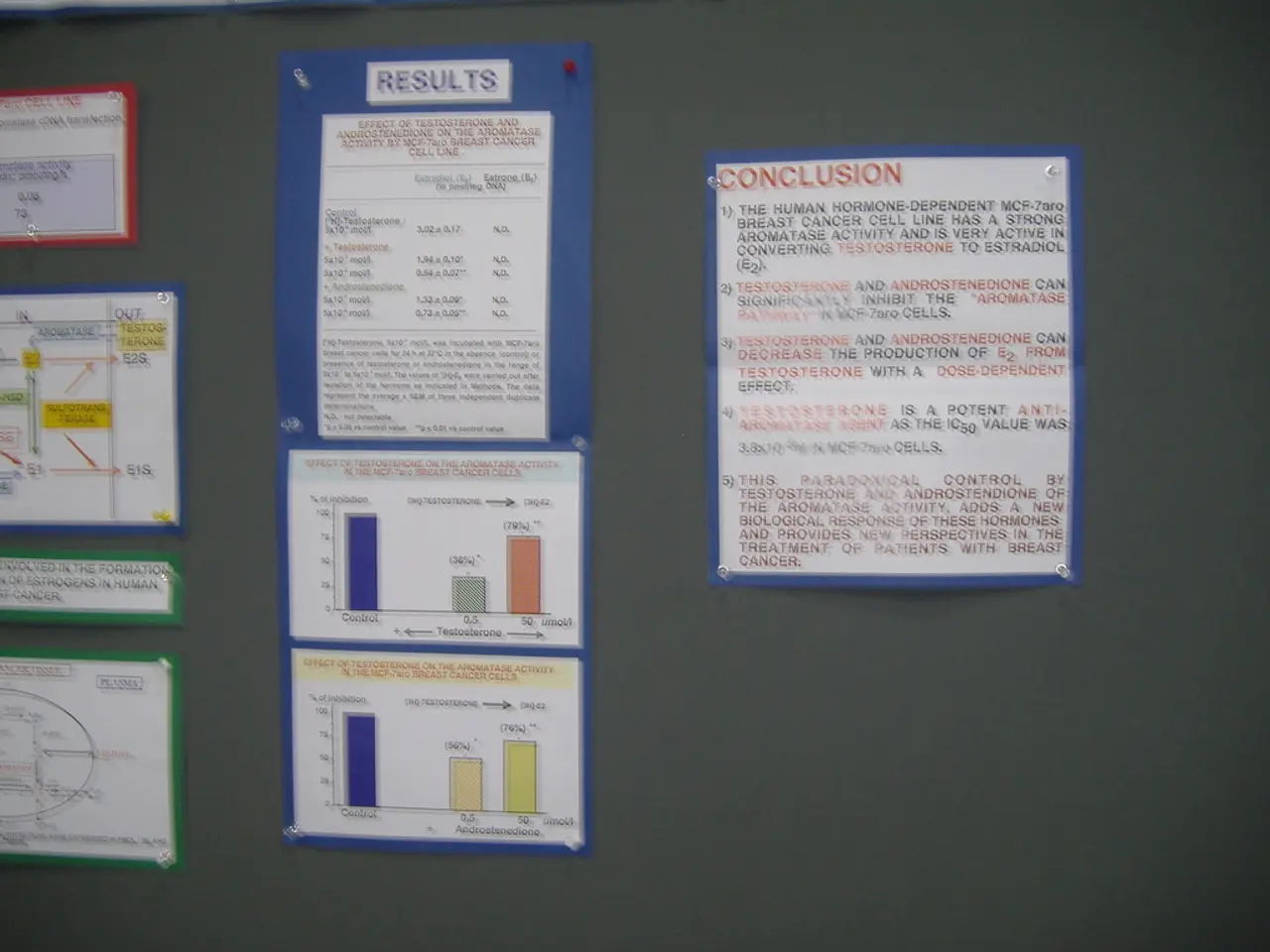Ensuring a Sufficient Energy Balance for the Community has been a priority for the Commission, with several measures implemented.
The European Union (EU) has announced a significant shift in its trade policies, proposing a financial contribution or tariff on large technology companies that benefit from the EU’s digital and physical infrastructure. This move aims to generate revenues for the EU budget and support priorities like green and digital transitions.
The proposal, based on Article 311(3) of the Treaty on the Functioning of the European Union (TFEU), is intended to come into effect as early as January 1, 2027 or 2028, subject to unanimous approval by Member States and consultation with the European Parliament.
The EU's approach combines a targeted tariff on large tech platforms to contribute fairly to continental infrastructure costs, while sectors tied to clean technologies and manufacturing, especially those reducing greenhouse gas emissions, are encouraged with tax incentives and likely exempt from the tariff measures, focusing on promoting green industrial development rather than taxing it.
In the agricultural sector, the tariffs on most products align with the reference rate, with exceptions yet to be written. Compared to wine, cheeses and dairy products could absorb the impact from a similar threshold.
In a significant move towards trade liberalization, the EU has agreed to eliminate tariffs on €70 billion worth of US imports, including nuts, soybeans, lobster, and pet food. Brussels has also committed to recognizing US technical standards for connected vehicles.
However, the details of the agricultural products that will receive these privileges have yet to be defined. For Washington, military equipment is an integral part of the agreement. There are more significant advances in the spirits front, from whiskey to cognac, with Brussels following the path already traced by Tokyo in committing to recognize US technical standards.
The EU's plan to make large tech companies pay a fair share for using continental infrastructure, known as the "web tax," has been met with different narratives. Washington suggests a 15% rate for pharmaceuticals and semiconductors, and a 50% increase in the price of red metal (aluminum). Some strategic sectors of the high-tech economy, including semiconductor teams, advanced robotics, selected chemical products, and certain agricultural products, will have similar privileges.
It's important to note that the digital tax issue, including the "web tax," has been reserved to soften the impact of the proposal on large tech companies. Brussels denies that the digital tax issue was an object of exchange.
This news marks a significant step forward in EU-US trade relations, with both parties aiming to foster mutual benefits and promote economic growth.
The EU's proposed digital tax on large tech companies, also known as the "web tax," is not only aimed at contributing to the EU budget, but also at encouraging sectors tied to clean technologies and manufacturing, such as those reducing greenhouse gas emissions. Consequently, these industries may benefit from tax incentives and potential exemptions from tariff measures, helping to foster green industrial development.
In the realm of energy, it is anticipated that sectors like semiconductors may receive similar privileges as strategic sectors of the high-tech economy, potentially benefiting from easier access to resources or reduced costs due to the digital tax issue being reserved to soften its impact.




